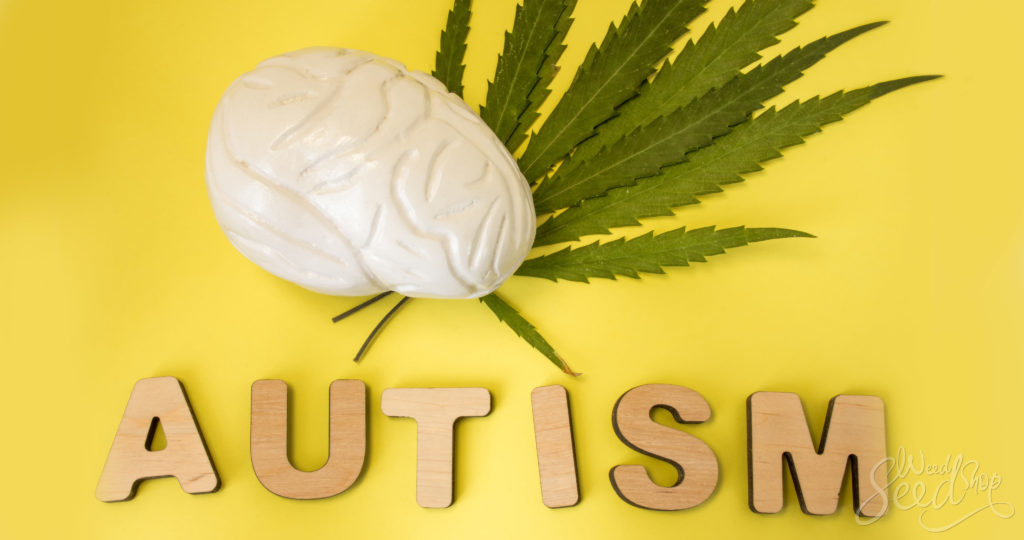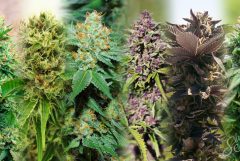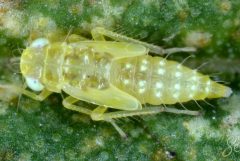It is a shame that the empirical evidence relating to autism and cannabis is still in a very early stage, because there is so much anecdotal evidence. There are parents who are testifying to the positive effects of cannabis on autism. But what else do we really know about the relationship between the two? Read this article to learn more.
Autism is a lifelong journey for those who have it, and there are unfortunately very few pharmaceutical treatments for it. Characterized by its symptoms only, the actual cause of autism remains unknown. In fact, autism as a defined medical condition has only really been around since the 40s, and cannabis’ relationship with it is even younger still.
Most of the stories we have been exposed to about the relationship between cannabinoids and autism is anecdotal, but nonetheless compelling. As we come to learn more, albeit slowly, about the relationship between cannabis and this interesting illness, it seems that cannabis might pose a potential treatment for some.
What is autism?
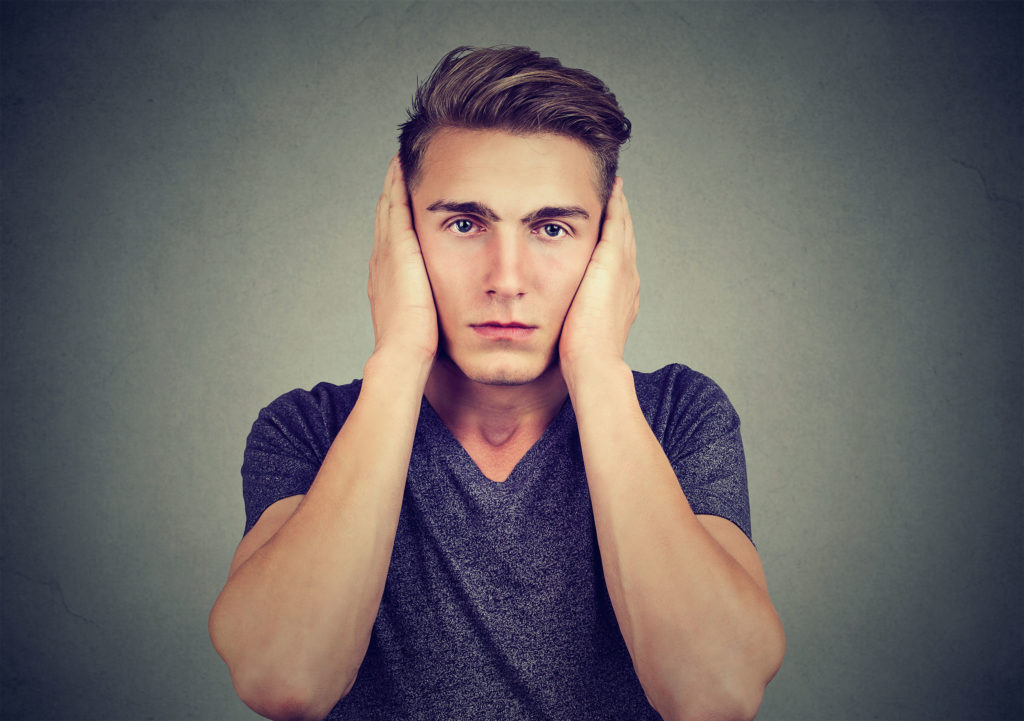
Autism, which is the abbreviation of Autism Disorder Spectrum (ADS), is a relatively newly defined disorder. It is characterized by symptoms of problems with social interaction, hardships communicating and obsessively repetitive behaviours.
It is usually identified early on in life, within the first few years of a child’s development. It is for this reason that scientists believe autism has something to do with early brain development.
There is a huge spectrum of severity when it comes to autism, hence why it’s all lumped under the umbrella of the disorder spectrum. There are patients who are completely unable to communicate and show no signs of empathy, whereas there are others who are able to remain an active part of society. Some “higher functioning” sufferers of autism are said to have Asperger’s syndrome.
On an interesting side note, Hans Asperger, one of the “pioneers of autism” coined this unusual condition the “psychically abnormal child”. The condition was only defined around the 1940s by Asperger and his entourage and since then we haven’t learned an awful lot about it.
Other than being able to identify its symptoms, we don’t really know what causes autism or where it comes from. There are some theories that autism is hereditary whereas others say it develops during particularly stressful pregnancies or older mothers.
Medical assessment is important when diagnosing autism because of the range of symptoms that are associated with it. And unfortunately, our lack of understanding of where autism comes from means that conventional forms of treatment are highly limited.
Most autism sufferers are usually treated with behavioural intervention methods. The two most evidence-supported are the Early Start Denver Model and the Lovaas Model. The essence of these forms of treatment is to intervene on the behaviour of the child and to basically retrain them for being a functioning part of the community.
For some, these methods of treatment are still unsuccessful, and patients and parents continue an uphill struggle. This is probably why some resorted to cannabis, and found a potential treatment on their hands.
The limitations of cannabis restriction on clinical study
Until now, there remains literally no clinical study on the effects of cannabis on those with autism. And so long as there remains little clinical, empirical evidence, doctors won’t go ahead and prescribe cannabis as autism treatment.
Weed is still illegal in many countries around the world, but even in those countries where it has been legalized, there are heavy restrictions on using it for research.
Governments usually have a monopoly over the cannabis being used for research and make researchers jump through a lot of hoops to get the rights to perform studies. This leaves a lot of people between a rock and a hard place, because without the studies there is no hard evidence to support claims.
This is just one of the limitations the global cannabis industry confronts, but it’s a huge one to say the least. The alarmingly small amount of clinical research with cannabis means that we don’t get to know what’s really going on with weed. And knowing would change a lot of things and probably give a lot more credibility to some medical claims.
Having said that, anecdotal evidence isn’t worthless. It’s a good indicator that at the very least, something is happening, even if we don’t know what exactly. And there has definitely been some attention when it comes to cannabis products and sufferers of autism.
A cannabis intervention on autism
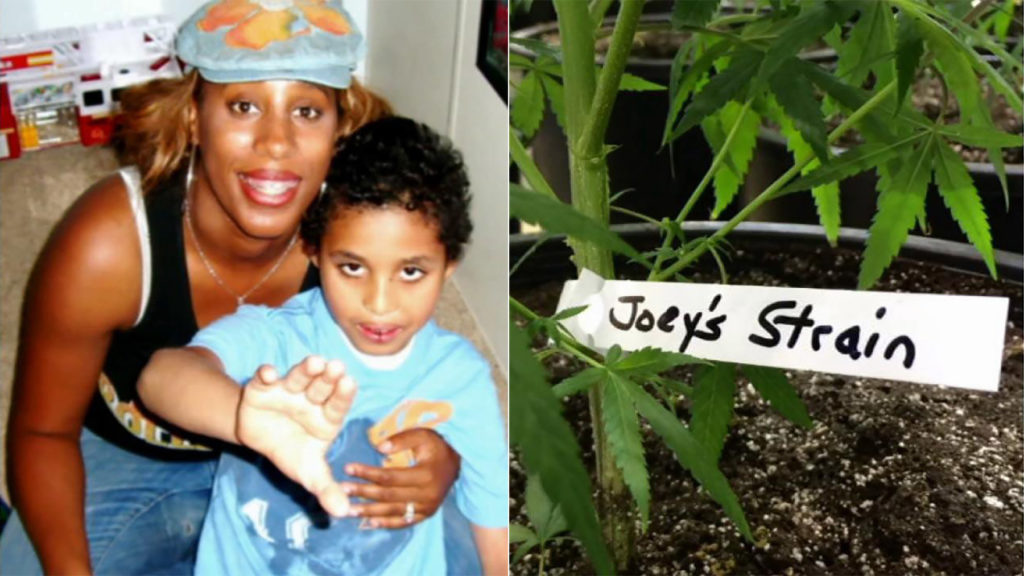
So, while there is no hard, empirical-evidence based reason that cannabis works on those with autism, there are definitely some stories out there. One mother, Mieko Hester-Perez founded The Unconventional Foundation For Autism after she discovered that medical cannabis could help her son. Eerily resembling the story of Charlotte’s Web, Kushman Genetics named a strain after Hester-Perez’s son, Joey, appropriately naming it Joey’s Strain.
Joey was being treated with pharmaceuticals for his autism condition from sixteen months old. By the time he was ten, he only weighed about 21 kilos, dropping weight excessively as a side effect to his medication. His mother finally resorted to the unconventional method of using medical cannabis edibles. Within a couple of months, his weight was back up to shape and within six months, he was making eye contact with people. It was the first time in his life.
Another powerful intervention on autism by cannabis was with Kalel Santiago. The severity of this case was so high that the child was completely unable to speak. Dr Giovanni Martinez, a doctor who was experimenting with unconventional methods for treating autism was the one who finally made the cannabis suggestion to Santiago’s parents.
But he wasn’t just interested in cannabis as an alternative treatment. He was also teaching children with autism to surf, and expressing his belief in the ability of surfing to treat autism. It was only after administering CBD oil to Kalel that he spoke his first words, sounding out the vowels A-E-I-O-U.
The anecdotal evidence continues to build a case for cannabis and autism, apparently in spite of the fact that there is still no clinical evidence. The Autism Research Institute also started making observations before long. They noted that those children who used cannabis improved in areas such as aggression, anxiety, tantrums and panic attacks.
Autism and the endocannabinoid system
Although we haven’t conducted much study on the effect of cannabis on those with autism, scientists have noticed a connection between the endocannabinoid system and the condition. There are certain genetic mutations which have occurred in those suffering from autism, and some research suggests that cannabinoids have an effect on these areas.
A study conducted in 2013 states that “two autism related mutations in a synapse-adhesion protein lead to deficits in prolonged endocannabinoid signalling in mice”. The research implies that endocannabinoid signalling does play a role in autism spectrum disorders, which might help us understand why cannabis seems to have such a profound effect on some autism sufferers.
Endocannabinoid signalling has general effects in the parts of the brain that deal with memory, pain and learning. Although there isn’t too much of an understanding how this all connects with autism, there is at least a pointer. There is the possibility that the endocannabinoid system plays a role in the symptoms of autism, which would go on to explain the role of cannabis in all of this.
All of what we know, whether scientifically or anecdotally, surely points to one thing for sure. And that’s that we should know more. Stories such as Hester-Perez and Santiago beg for there to be more research on cannabis’s connection with autism.
It is important for parents to have a clearer idea of whether or not cannabis might be effective medicine for their child. And it could potentially open up a whole new world to autism patients who have, until now, not really had any success with conventional forms of treatment.





